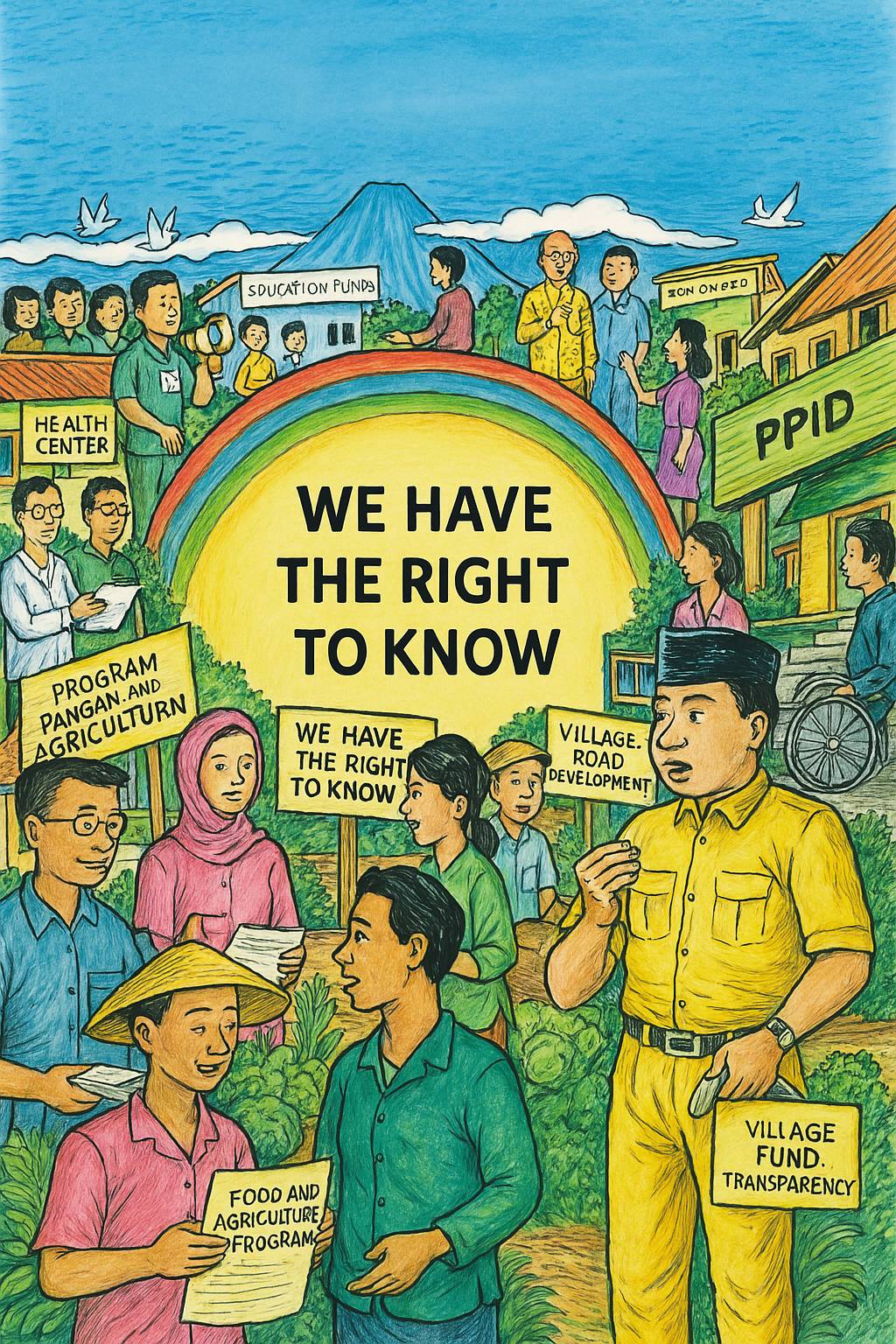
Are We Really More 'Informed' in the Information Age?
Josh Shear – In an era where knowledge is only a click away, it’s tempting to believe we’re more informed in the information age than ever. We wake up to breaking news, scroll through social media updates, and finish the day with endless content from podcasts to YouTube videos. But here’s a question worth pondering: Are we truly more informed, or are we just overwhelmed by noise disguised as knowledge? This article explores the paradox of the informed in the information age : while we have access to more data than any generation before us, our actual understanding might be declining. Let’s dive deep into the illusion of knowledge in the digital era.
Read More : Quantum Computing: The Future of Processing Power
We live in a time where googling a question can give us instant answers. On the surface, this sounds like progress. But consuming snippets of data doesn’t always lead to real comprehension. Skimming headlines or watching 30-second TikToks may provide a false sense of mastery. In reality, we’re often getting surface-level informed in the information age with no context or depth.
The rise of clickbait headlines, algorithm-driven content, and echo chambers contributes to the illusion. We think we “know,” but we’re actually just exposed. Information exposure is not the same as understanding and that’s where the danger lies.
One of the biggest threats in the Information Age is misinformation. Anyone can publish anything regardless of accuracy and once it spreads, it’s incredibly hard to reverse. The digital landscape is crowded with half-truths, emotional narratives, and sensationalism designed to grab attention, not to educate.
At the same time, information overload leads to cognitive fatigue. Our brains are bombarded with updates, alerts, and notifications every second. Instead of diving deeper into meaningful content, we skim through countless bits of shallow data. This “info fatigue” ironically pushes people to disengage from critical thinking, choosing convenience over accuracy.
There’s a growing disconnect between knowledge and wisdom. Knowledge is data; wisdom is how we apply it. In the past, access to information was a privilege, and people valued it deeply. Today, with knowledge available at our fingertips, many take it for granted. We mistake access for understanding.
For example, reading a tweet about climate change doesn’t make someone an environmental expert. Watching a 5-minute YouTube video on a medical topic doesn’t make someone a doctor. But the internet often blurs those lines, creating a confidence that outpaces competence. That overconfidence can be dangerous personally, professionally, and even politically.
The content we consume online isn’t neutral. Algorithms track our behavior and feed us more of what we already agree with. This creates digital echo chambers that limit our exposure to diverse perspectives. Instead of being curious and exploring new viewpoints, we become locked into familiar narratives.
When curiosity dies, so does true learning. The Information Age should be expanding our minds, but in many cases, it’s shrinking them trapping us in a filter bubble. People are less likely to challenge their beliefs or verify facts when everything they see confirms what they already think.
The uncomfortable truth is this: we may have more data than ever, but that doesn’t mean we’re wiser or more educated. In fact, the Information Age has created a new kind of ignorance one masked by overconfidence and cluttered by noise.
True understanding requires reflection, critical thinking, and time three things that the digital world rarely encourages. To be genuinely informed, we must move beyond scrolling and start engaging deeply with content. We need to relearn how to read thoughtfully, question critically, and reflect meaningfully.
We stand at a crossroads. The tools to become deeply informed are more powerful than ever but only if we use them with intention. If we continue to let algorithms dictate our thinking, we risk becoming passive consumers of shallow content. But if we reclaim our curiosity, prioritize depth over speed, and challenge the sources we trust, we can turn this information chaos into real, actionable knowledge.
It’s not about rejecting technology or information it’s about using both wisely.
This website uses cookies.
